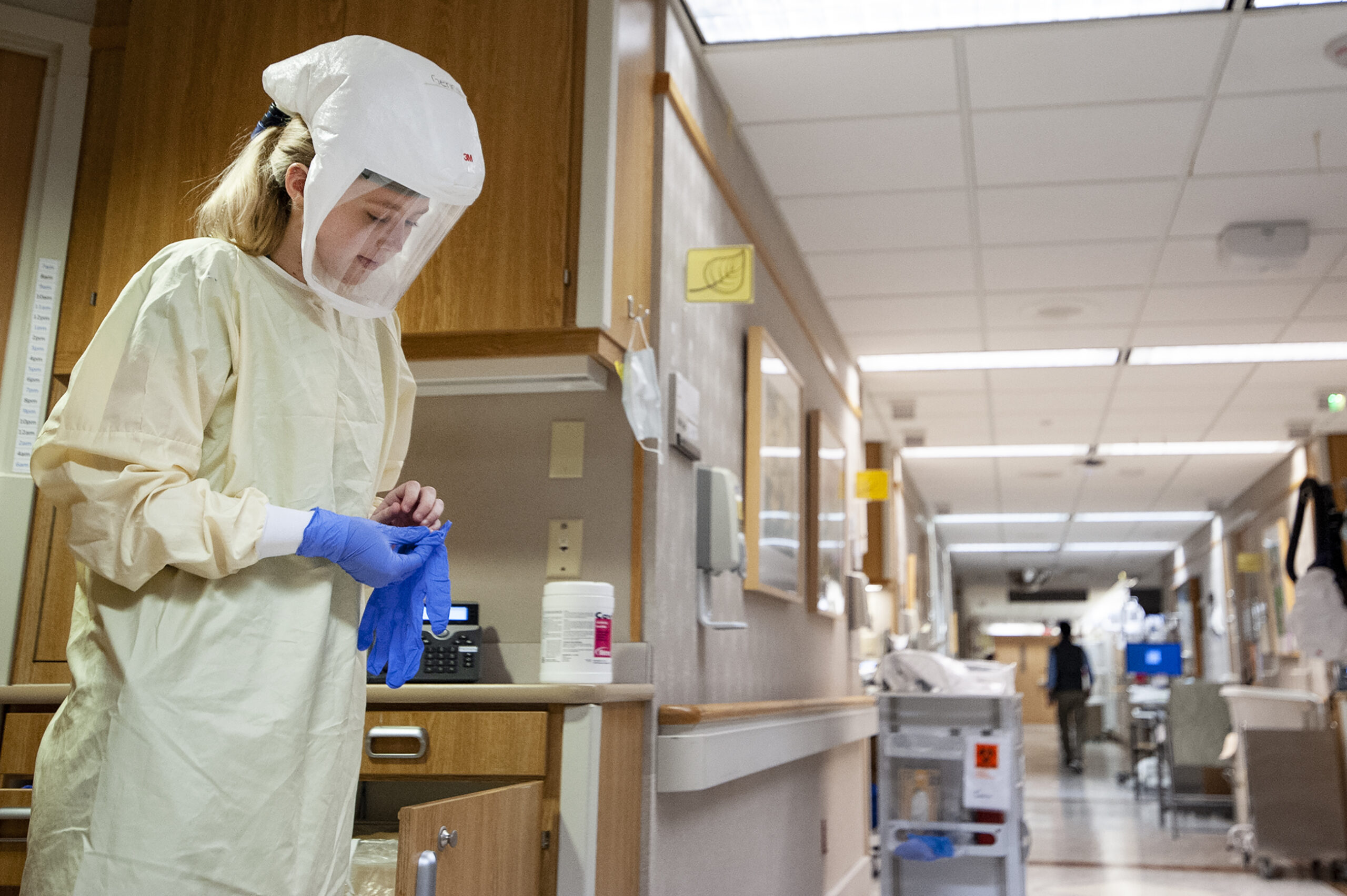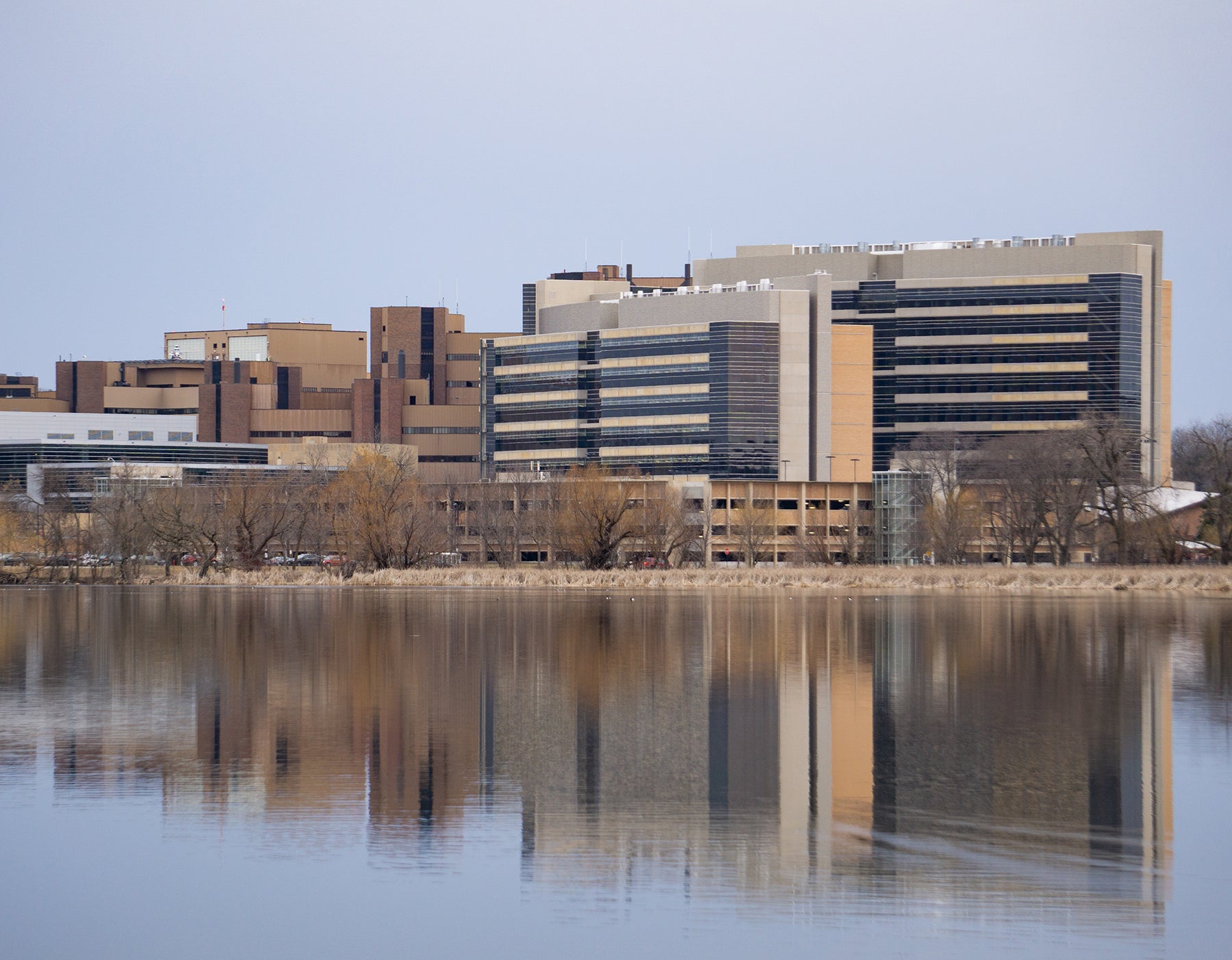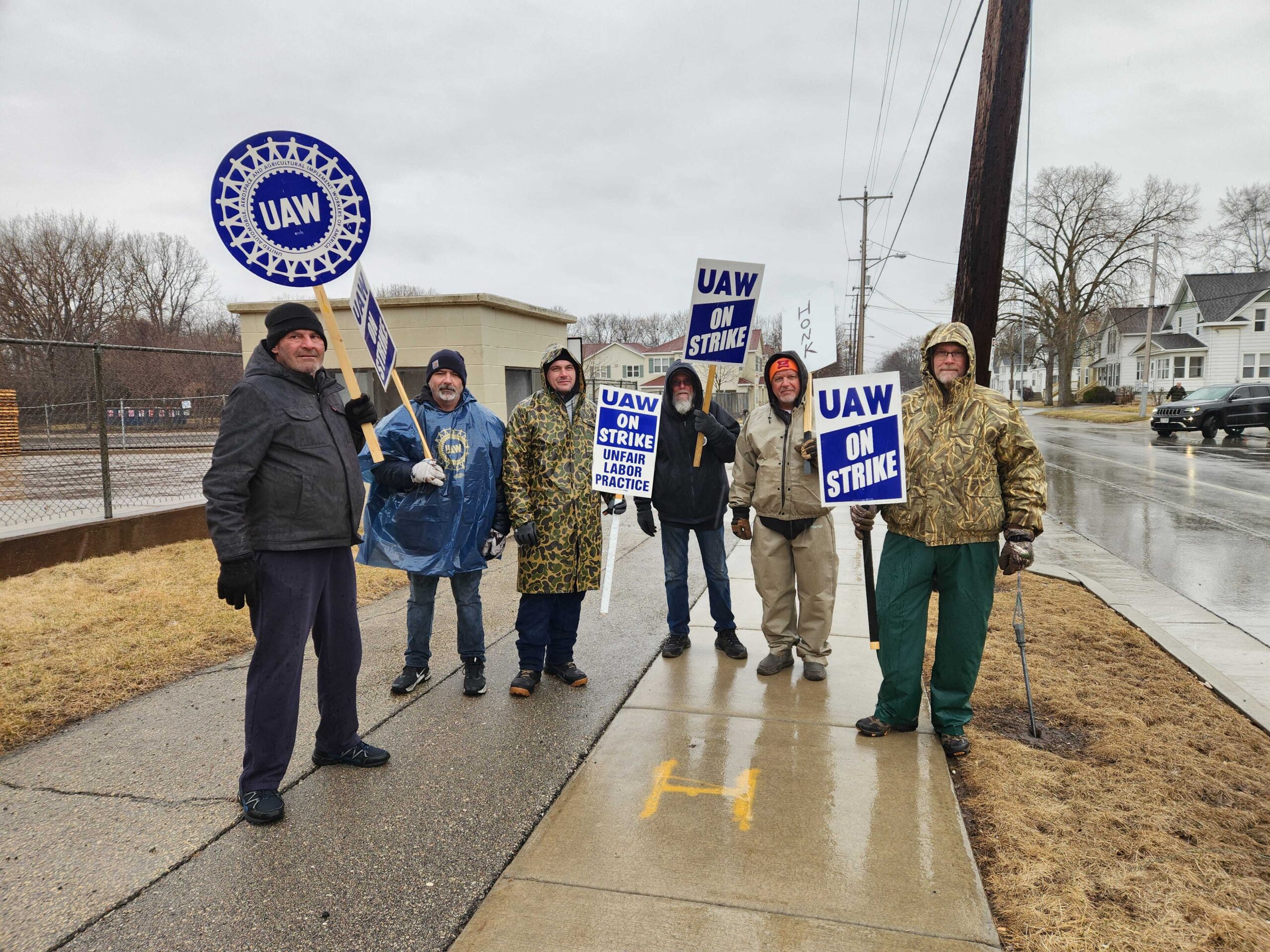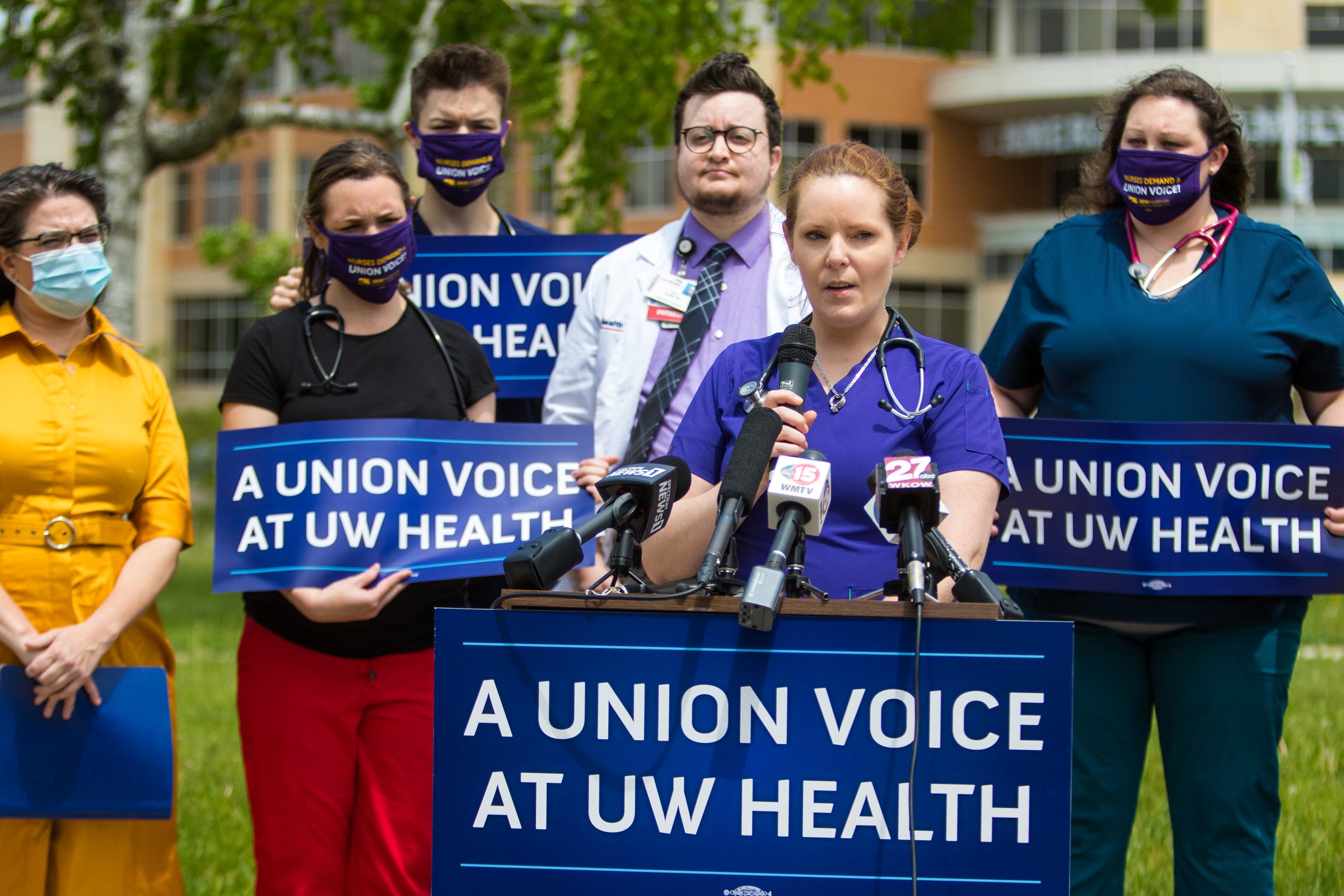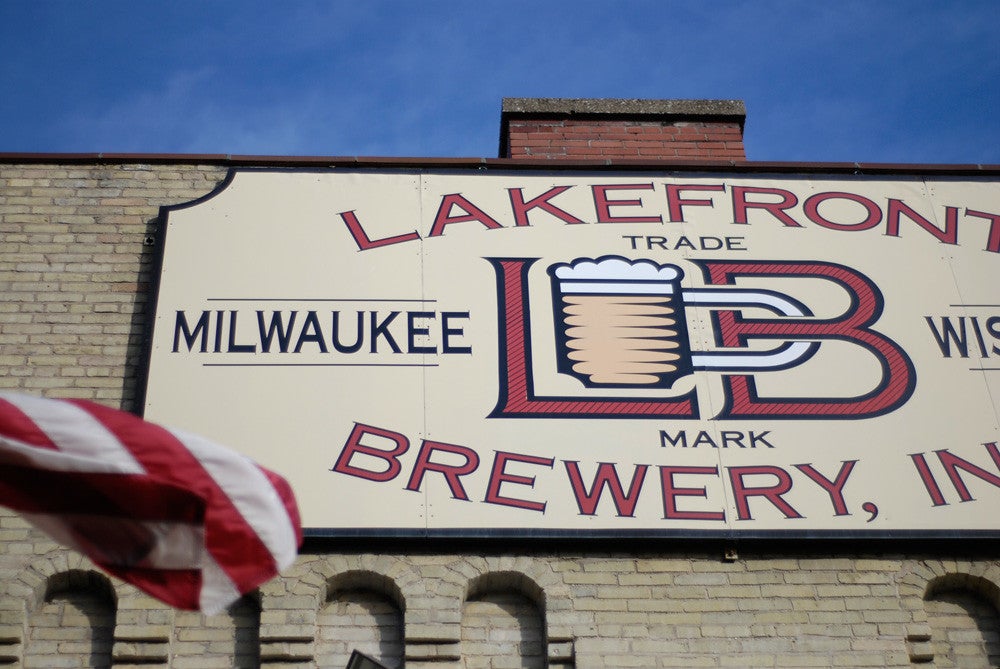Hundreds of nurses at UW Health in Madison voted Wednesday to strike in September if hospital administrators do not recognize their union, intensifying a years-long effort by organizers to address “understaffing, turnover, cuts, exhaustion and burnout.”
Although the unionization push began before the COVID-19 pandemic hit Wisconsin, the situation “has been aggravated by the pandemic and puts patient care at risk,” according to a statement by the union, Service Employees International Union, or SEIU Healthcare.
The strike is scheduled from Sept. 13 to 16, and the nurses will provide a 10-day notice so the hospital can prepare.
Stay informed on the latest news
Sign up for WPR’s email newsletter.
UW Health nurses were once unionized, but employee unions were phased out at the hospital in 2014 following the passage of Act 10 under former Gov. Scott Walker in 2011 which gutted public employee unions. The effort to revive the union was first announced in 2019, with organizers citing nurse-to-patient ratios and understaffing as chief concerns.
In a statement, UW Health said the decision to strike was “disappointing,” but it would be prepared to continue to serve patients should the strike occur.
“This strike will be unpleasant for patients and for our staff, but we will get through it,” the statement read.
At issue is whether or not the hospital can legally recognize and bargain with the union after the passage of Act 10. In June, Democratic state Attorney General Josh Kaul said that hospital administrators can voluntarily engage in collective bargaining with employees.
Still, the hospital cites the legal uncertainty as a reason for not recognizing the union.
“While UW Health can appreciate the idea of social activism, whether anyone supports or opposes recognizing a union to engage in collective bargaining is irrelevant until we determine whether one is legally allowed,” said the statement by UW Health.
According to the union, the nurses are “leaving the door open for dialogue” to negotiate with administrators before September.
“All of us would prefer to work with our administration and get to recognition without striking,” said nurse and care team leader Colin Gillis, who works on a general medicine unit. “Patient care is already compromised by decisions made at an executive level, and we need to call a ‘code blue’ in order to stop this from getting any worse.”
Gillis’ unit has served as one of the hospital’s main COVID-19 units since early 2020. The pandemic has “galvanized” the desire for a union, he said, referencing policies that required nurses to ration N95 respirators and instead use basic barrier masks while caring for patients.
“That made me feel really disempowered,” he said. “Because that decision was made for us by managers in an executive boardroom setting and not by bedside nurses who know what it’s like to actually enter the room.”
Nurse Tami Burns works in vascular surgery at UW Health. In addition to understaffing, she cited new employees’ training needs as taking away from patient care.
“The amount of turnover, it causes us to be training people constantly,” she said. “And that adds to your workload, and now you have the patients to take care of, and then people you are training.”
If recognized, the union would have about 2,600 members, according to the statement by SEIU.
Wisconsin Public Radio, © Copyright 2025, Board of Regents of the University of Wisconsin System and Wisconsin Educational Communications Board.
